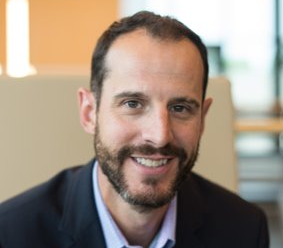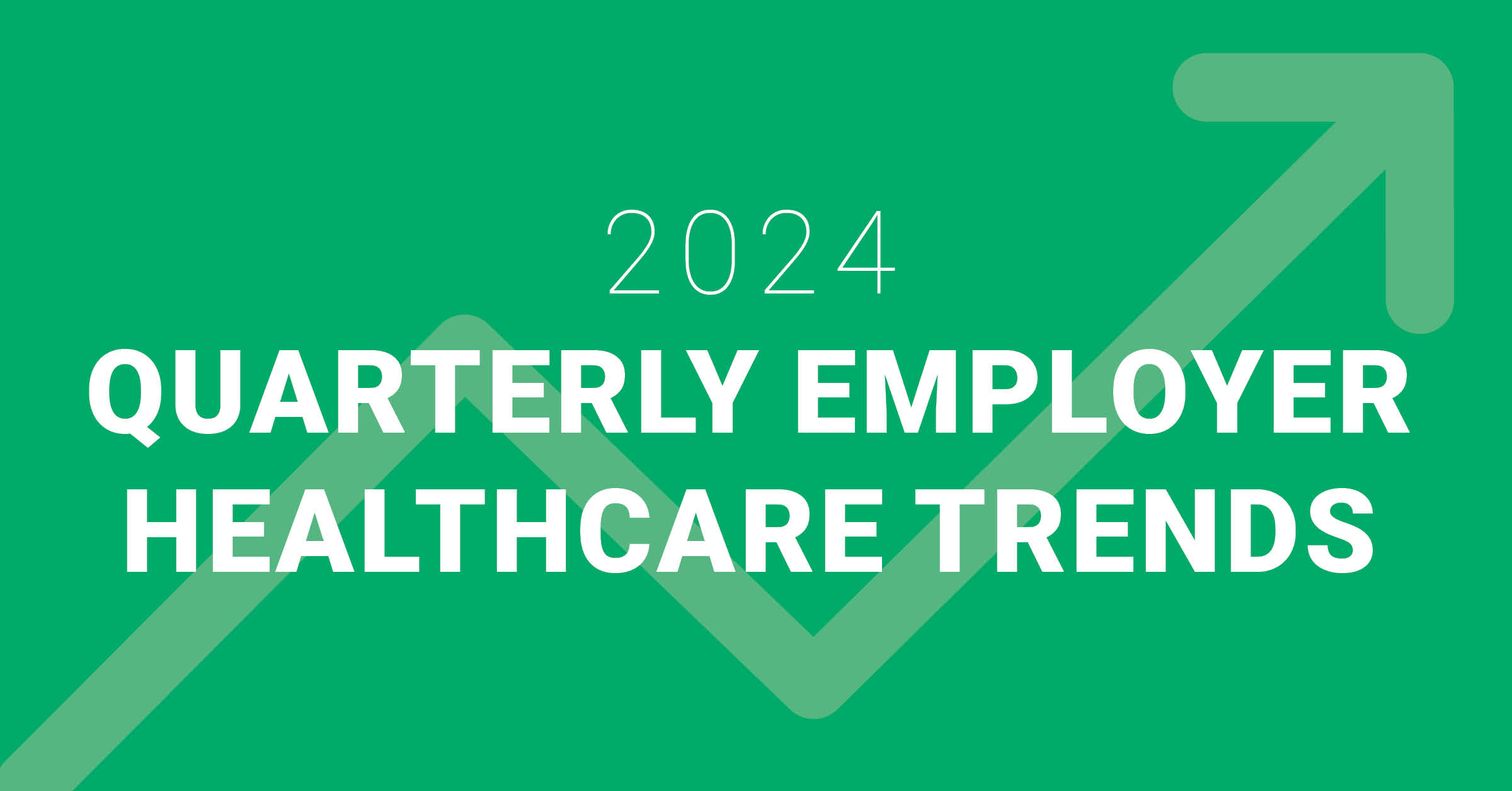Silicon Valley believes technology will save the world. And many in the healthcare industry agree. According to Silicon Valley Bank’s latest Healthcare Investments and Exits report, healthcare technology companies raised a record $15.3 billion in 2020. For the first time ever, health tech companies surpassed biopharma in venture fundraising. But on its own, technology can’t save the U.S. healthcare system or improve outcomes for your unhealthy employees. Ultimately, trust-based relationships between healthcare providers and patients, not more technology, will be the driving force behind an improved healthcare system.
Every day I hear real-life examples from our care teams who work at our advanced primary care centers. I love Norm’s story, in particular. He hadn’t seen a doctor in years, but two healthcare providers visited his department at work and encouraged them all to come in for a visit. Norm agreed.
During routine lab work, they discovered Norm had prostate cancer. He has since had surgery, quit smoking and is on his way to healthier living. He has developed a relationship with his healthcare team, continues visits, and was a winner of our Healthy Like Me program. He posted flyers about his healthcare journey around work and even at a local gas station he frequents.
It’s stories like these that show the importance providers play in helping employees realize the importance of visiting the doctor and taking care of their health.
Adding Health Tech as a Band-Aid Won’t Solve the Health Crisis
It’s disheartening, however, that healthcare today is designed and incentivized to focus on the volume of care provided or the number of services provided. Most hospital systems have a fee-for-service payment model—they get paid based on their volume and velocity. Patients understand the downsides to that experience: it’s hard to get in, there are long wait times, and once they have the opportunity to meet with a provider, they’re only allotted a few minutes before the provider must move on to the next patient.
Everyone realizes the problem, but making the fee-for-service model slightly more efficient by using technology isn’t the answer. Technology does save providers time, which they can devote instead to patients. It facilitates access in that it makes seeing a provider more convenient for the patient. As with any systemic disease – you have to treat the root cause, not just the symptoms in order to truly eradicate it. In the case of US healthcare, the root cause of our breakdown is an incentivization structure built on the quantity of care, rather than the quality. Most providers are well-intentioned. But they’re operating in a flawed and broken model.
What’s needed is a new model that incentivizes based on quality, on outcomes. For example, Marathon Health’s providers are paid a salary and have a bonus tied to the patient experience and improved health outcomes. They’re empowered to look at the individual human being that they’re in a position to serve. Our care teams think about how they build, over time, a deep, personal, trust-based relationship, and then hold themselves accountable to help each individual achieve his or her objectives. We think that’s really important.
Strong Patient-Provider Relationships Improve Health Outcomes
To solve the healthcare crisis, the healthcare industry must move from a transactional mindset to a relational, or an outcomes, mindset. In the case of Marathon, our care teams do this on behalf of the employer populations they serve. And because each employer’s culture is so unique, it’s important that the care teams are a good match. In a lot of cases the employee ask, “Does Dr. Smith work for us or Marathon – I can’t tell?” and that’s exactly how we want it. Those deep connections and cultural unity drive better engagement and higher trust.
Providers should be empowered to view themselves as ambassadors for their patients’ health, to put focused attention on each individual patient and design an approach to meet each individual’s needs. For example, providers should have more time to find out about each patient’s family medical history and their lifestyle so they can identify the cause behind health issues. Armed with this information, they can then craft a plan to help the patient reach their goals and proactively prevent critical health problems.
Of course, these providers must be supported by an operational or clinical model that allows them to drive those outcomes. Providers need a model that will improve access and allow them to create engagement, deliver an unbelievable experience, objectively improve health and well-being, and actually lower the cost of health care along the way.
Healthcare Technology Has a Supporting Role to Play
Technology absolutely has an important place in the healthcare process. When used in the right way, it can be tremendously powerful. Tech makes it easier for patients to schedule appointments, visit the provider virtually, communicate between appointments, access their results and monitor biometric trends, refill medications, etc.
In addition to all those features, our tech platform also enables a better experience for providers by creating a 360-degree-view of the patient, including internal and external health records, steerage tools when specialty visits are necessary and prompts to help close gaps in care. We can and should use technology to enhance patient engagement, increase access, improve quality of care and increase data exchange. But real change has to start with granting our providers more time to build relationships. Engaged Relationships + Technology = Improved Healthcare.
You might also like
Subscribe to our newsletter and stay on the cutting edge of worksite healthcare.










